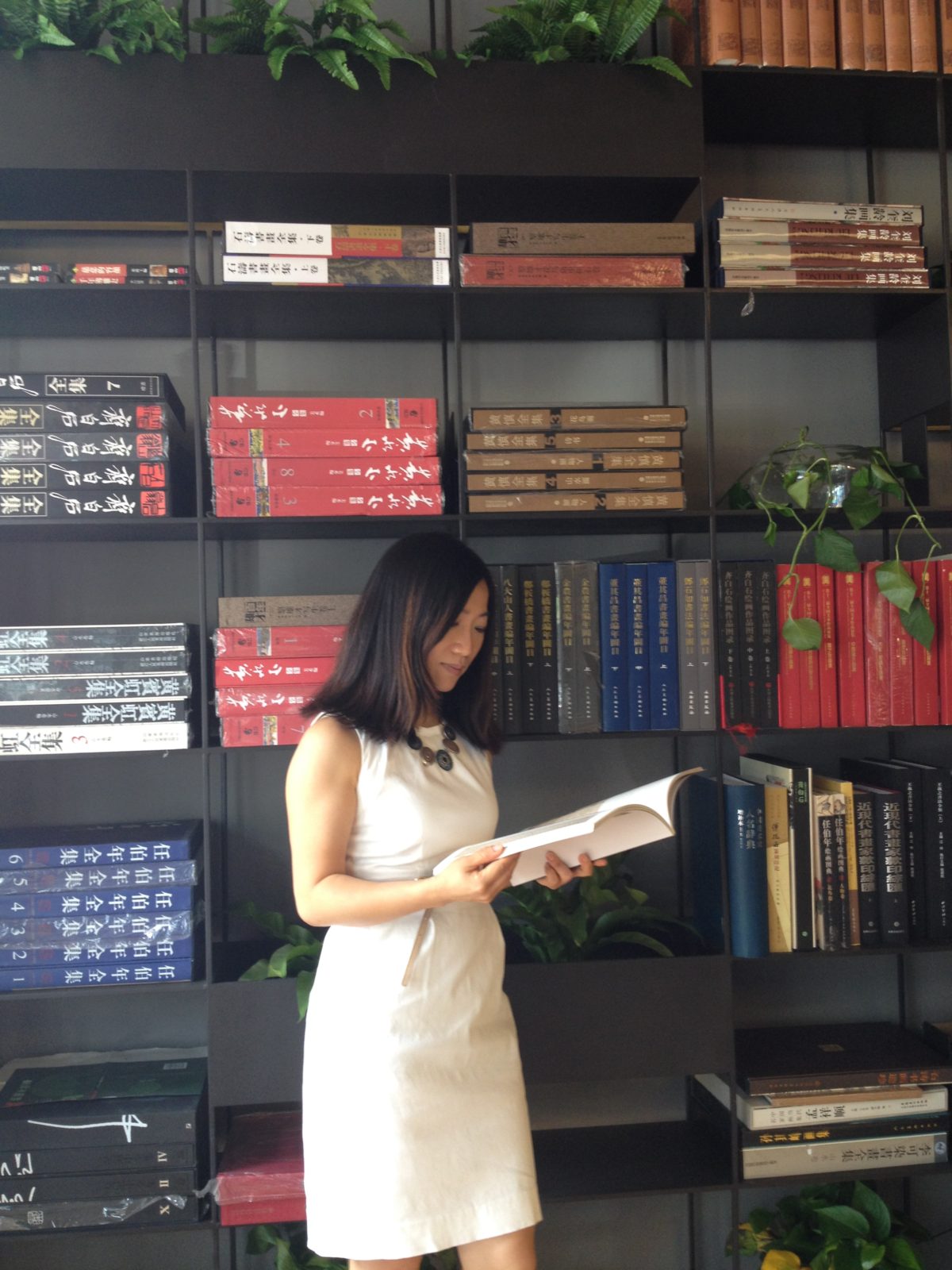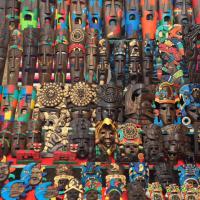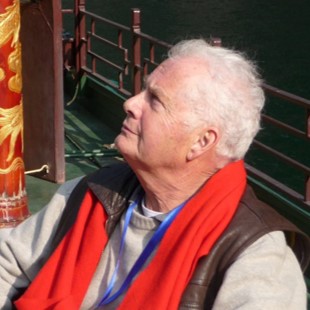Several years ago I visited China with my agent Toby Eady, and I had a chance to meet one of the most respected Chinese journalists, Chai Jing. After the meeting, I read her book “Seeing” (看见), a collection of investigative journalism reports and was deeply impressed. Several months later, she wowed me again with her self-financed documentary, “Under the Dome,” which tackles China’s severe environmental problems.
Chai Jing’s Kai Jian (Seeing) has sold well more than one million copies in China since its publication in 2012. It’s a charming blend of personal anecdotes, journalistic reports, social and cultural commentaries, and light philosophical meditation.
Until recent years, Chai had been a celebrity anchor at the Chinese Central Television (CCTV), the predominant state broadcaster in China which Chai first joined in 2001, and had hosted popular news-heavy programs such as “Horizon Connection,” “Journalistic Investigation,” “24 Hours,” and “One on One.” She was famous for her dedication to her subject matters, sharp and outspoken interview techniques, and also her unadorned beauty and gentle smiles. In a way, you can say she was China’s Barbara Walters.
“Seeing” is about people, the author declares in the preface. She says, “I didn’t choose purposely landmark events, nor did I have the ambition to depict the history. From the myriad of the journalistic work I have done, I only chose those about the people who had profoundly impressed me with their vitality.”
You meet these people chapter after chapter, each of the 12 chapters a standalone story. During the 2003 SARS outburst, desperate SARS patients were squeezed into the make-shift treatment areas, cared by unprepared but devoted medical staff, some of whom would later die from this pandemic while performing their duties.
In the story entitled “Shuang Cheng City’s Wounds,” five elementary school students from the same class attempted to committed suicide by taking poison within a week, and one died. Chai’s investigation takes her to meet the survivors and their families and friends to find out what is behind the tragedies.
You meet Yao Jiaxin, a talented college student who stabbed a peasant woman to death after a traffic accident. Also a taciturn German young man who lives in a poor village in Guangxi Province for years to be with liu shou er tong, children left behind by their parents because they have to work in the city to earning the living.
In the book, Chai intertwines her own stories with her news reporting. Through her interviews and investigation, through her traveling all over the country, you see how she has progressed from a promising yet naive college graduate to someone deeply humbled by what she’s heard and seen, someone asking provocative and penetrating questions without fear.
While chronicling her growth, Chai touches many corners of the Chinese lives in the past decade. In this sense, the book is also a journal of what China has gone through in this period, its historical baggage, its economic boom and social changes, and the huge price it often has to pay.
Featured image: me at a 荣宝斋 bookstore in Beijing






